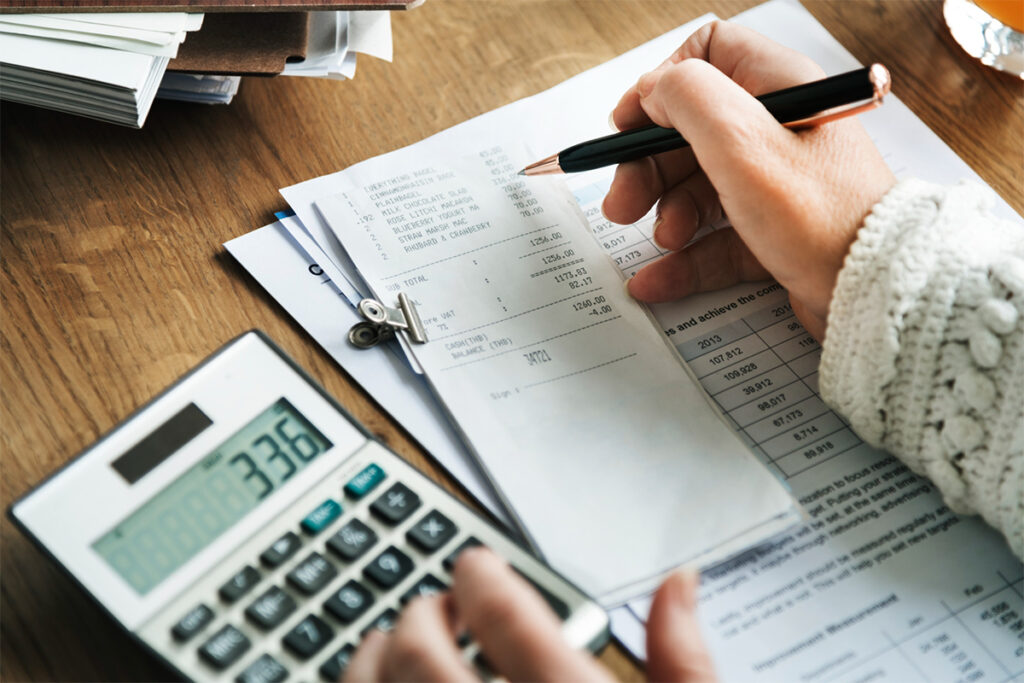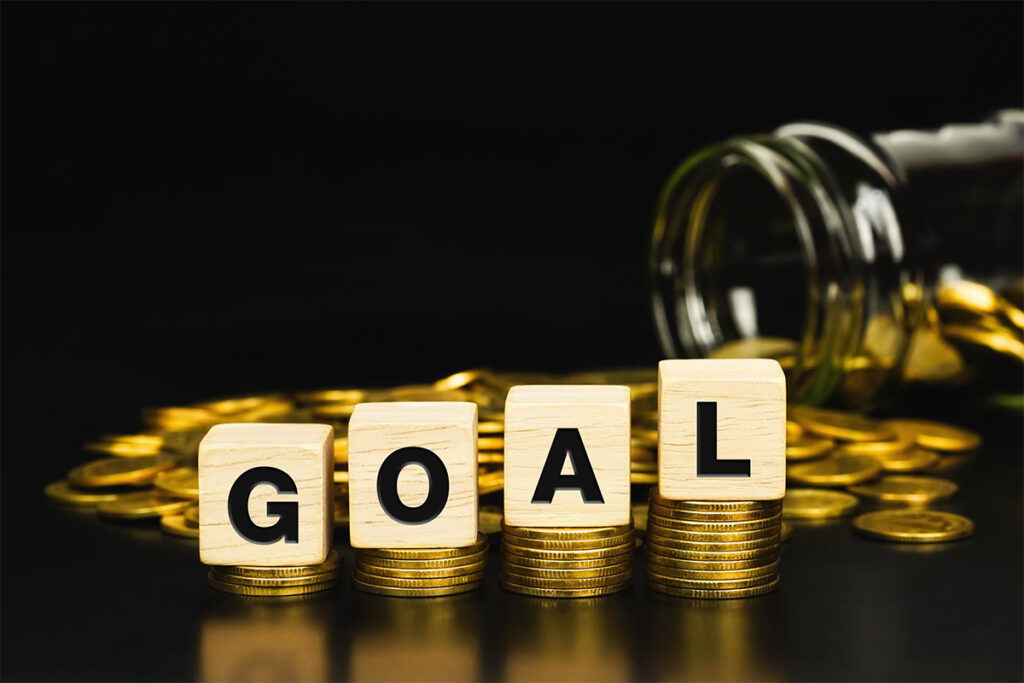Guidelines for How to Rebuild Your Finances After Bankruptcy
Rebuilding your finances after bankruptcy can be a challenging process, but with the right strategies, it is possible to regain financial stability and get back on track. Here are some tips for rebuilding your finances after bankruptcy:
Evaluate Your Financial Situation
Having a clear understanding of your current financial situation is essential for rebuilding your finances after bankruptcy. Start by gathering all of your financial documents, such as:
- bank statements
- credit reports
- debts

From there, determine what assets you have available to cover any remaining debts or obligations.
Create a Budget
Creating a budget is an important step in rebuilding your finances after bankruptcy. A budget helps you keep track of your income and expenses, ensuring that you don’t overspend. When creating a budget, break down all of your expenses into categories and assign each expense a specific amount. [1]

Build an Emergency Fund
Building an emergency fund is essential for rebuilding your finances after bankruptcy. Having an emergency fund can help protect you in case of a financial emergency, such as a job loss, medical bills or other unexpected expenses.
An emergency fund should cover at least three to six months of living expenses. To build an emergency fund, start by setting aside small amounts from each paycheck and deposit them into a savings account that is not easily accessed.

Rebuild Your Credit
Rebuilding your credit is an important part of rebuilding your finances after bankruptcy. A low credit score can make it difficult to obtain additional credit or loans in the future, so it’s important to take steps to rebuild your credit.
One of the best ways to rebuild your credit is to start with small, manageable debts and payments that you can easily pay back on time. Consider applying for a secured credit card or a credit builder loan, which can help rebuild your credit score over time.
Focus on Paying Off Debt
After bankruptcy, it’s important to focus on paying off any remaining debts. Depending on the type of bankruptcy filed, some debts may be discharged while others may still need to be paid in full.
Prioritize paying off any remaining debt and create a payment plan that meets your needs. Consider consolidating debts or negotiating with creditors to reduce payments or interest rates. [2]

Rebuilding your finances after bankruptcy can be a long and challenging process, but it is possible to regain financial stability.
Explore Additional Income Sources
Rebuilding your finances after bankruptcy can be difficult, especially if you’re struggling to make ends meet.
One option is to look for a second job or side hustle that can provide extra income. Consider taking on part-time work or freelance opportunities to increase your monthly budget. The extra earnings can go towards debt repayment or building savings. Explore different options that align with your skills and interests.
Seek Professional Advice
A financial advisor or credit counselor can provide valuable insight and guidance to help you create and maintain financial health.
They can also help you create a budget and debt repayment plan that works for your unique situation. They can refer you to organizations and programs that offer free or low-cost financial services.

Practice Responsible Spending Habits
Practicing responsible spending habits is vital to rebuilding your finances after bankruptcy. Start by tracking your expenses and creating a budget that allows you to save money while still covering your essential needs.
Aim to pay more than the minimum payment when possible, and try to avoid taking on new debt unless absolutely necessary. Make sure to pay your bills on time and avoid making unnecessary purchases.
Reestablish Financial Goals
Reestablishing financial goals is an important part of rebuilding positive financial habits after bankruptcy. Setting clear and realistic financial goals can help you stay focused and motivated as you work towards rebuilding your finances.
Start by setting short-term goals that are achievable and measurable, such as saving a certain amount of money each month or reducing debt by a specific amount.

Stay Positive and Patient
Rebuilding your finances after bankruptcy can be a challenging process, so it’s important to stay positive and patient. It may take time to repair your credit score or save up enough money, but it is possible to rebuild your finances.
Focus on the progress you have made, and remember that small steps add up over time. Acknowledge your successes, and don’t be too hard on yourself if you have a setback.
Rebuilding your finances after bankruptcy takes time and perseverance. Remember to stay positive and be patient with yourself throughout the process. Celebrate small victories along the way and know that each step brings you closer to a stronger financial future.
Sources:
[1] Habits, B. M. (2023, January 9). How to Create a Budget in 6 Simple Steps. Better Money Habits. https://bettermoneyhabits.bankofamerica.com/en/saving-budgeting/creating-a-budget
[2] How to Pay Off Debt Faster – Wells Fargo. (n.d.). https://www.wellsfargo.com/goals-credit/smarter-credit/manage-your-debt/pay-off-debt-faster/




